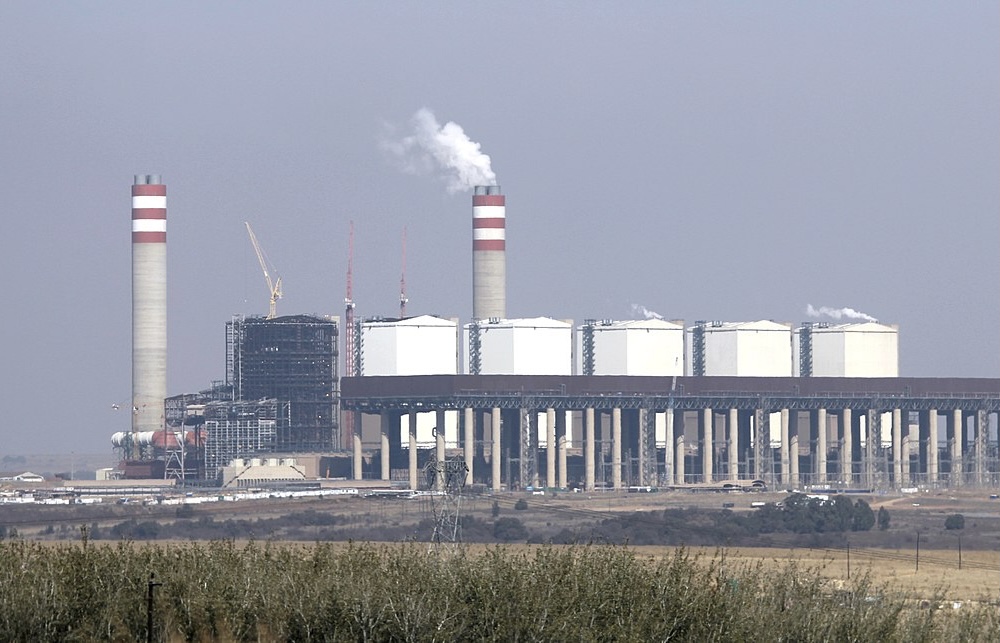KEY POINTS
- South Africa and Zambia recently deregulated their electricity markets.
- Deregulation is expected to attract private investment and enhance energy security.
- This shift could serve as a model for other African nations seeking energy reforms.
The liberalization of the electricity market in South Africa and Zambia that has been enacted in the recent past as reported by African Energy, marks a turning point in the region’s reform agenda.
These laws are expected to spur large investment in both countries and spur economic growth while at the same time creating a new benchmark for liberalization of the energy markets in Africa. This change may not be restricted to a particular nation but may have a regional impact as the energy markets become more liberalized across the globe, thus creating opportunities for the whole of Africa.
Investment magnetism and economic growth
The liberalisation of electricity markets in South Africa and Zambia is aimed at breaking the monopolistic structures in the market and opening up the market to other players.
In Zambia for instance, where most of the electricity generation has been dominated by state utilities, deregulation opens up the market to competition which would result in increased efficiency, reduced cost and improved reliability of power supply. The entrance of the private sector will also lead to the improvement of efficiency since new players are likely to bring in new technologies and practices that can improve efficiency in the use of energy.
For South Africa a country that has been facing the challenge of frequent power blackouts because of the shortcomings of its state-owned power utility, this reform is a significant step towards energy sustainability. South Africa can diversify its energy sources and thus lessen its dependence on Eskom, the state-owned utility which has struggled to meet demand by inviting independent power producers (IPPs). This will in turn increase investor confidence since a more stable electricity supply is a key determinant of FDI in sectors other than electricity such as manufacturing, mining, and technology.
Other implications for the African market
These changes in South Africa and Zambia may inspire other African countries to adopt similar measures. Africa remains one of the most energy-starved continents today with millions of people still struggling to access electricity. These countries may encourage other nations in the continent to follow their example by showing the advantages of deregulation for instant investment, employment opportunities and development of infrastructure.
Furthermore, as both South Africa and Zambia manage to attract more private capital, they may develop into regional centres of electricity generation and supply. This would be especially helpful for countries in the region that suffer from constant energy deficits but are unable to attract large amounts of investment on their own. These deregulated markets could also enhance cross-border energy trade, hence promoting regional integration and cooperation.
Investors’ prospects and threats
Opportunities are numerous when it comes to deregulation but there are still some issues. The political risks remain high, especially in South Africa and Zambia, where the investors will be subjected to regulatory risks and changes in policies.
Also, both countries will have to guarantee that reforms are followed by an effective legal environment that will protect investors and consumers. Policies that will help to keep the prices transparent and fair competition laws will be required to sustain the investors and to ensure that the benefits of the deregulation are not monopolized.
However, for those who are ready to accept the risks, the benefits are great. Africa’s population is rising and continues to urbanize, and this has led to a higher demand for electricity making the continent one of the most attractive markets for energy investment.
While SA and Zambia are setting the pace for liberalizing electricity markets, investors have a window of opportunity to invest in a continent that is expected to experience a rapid growth in energy consumption.
Africa’s energy future
The liberalization of the electricity market in South Africa and Zambia is not only a revolution for these two countries but also a signal for the rest of the African countries.
These reforms could catalyse an energy revolution across the continent through competition, investment and increased energy access.
The potential for investors is enormous, but to realize this potential in Africa’s energy sector, investors will have to be wary of the political and regulatory environment.



